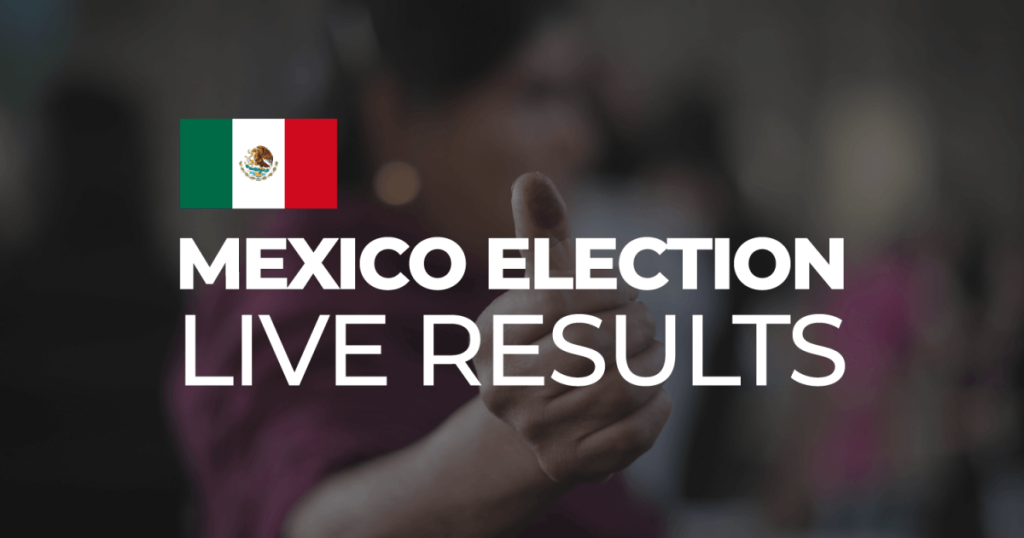Mexico’s election authorities have projected former Mexico City mayor Claudia Sheinbaum as the winner of the country’s election, making her Mexico’s first female president. Sheinbaum, representing the ruling Morena party, defeated Xochitl Galvez, supported by a coalition of opposition parties, as well as Jorge Alvarez Maynez of the Citizens’ Movement. The country’s election commission announced that Sheinbaum is expected to win 58 percent of the national vote, with more than half of all votes counted. Mexico had about 100 million registered voters, with around 58 percent voter turnout.
In addition to the presidency, voters also cast their ballots for about 20,000 positions in the country’s largest-ever election. These positions include 128 Senate seats, 500 deputy seats, the governorship of Mexico City, and governorships in eight states including Chiapas, Guanajuato, Jalisco, Morelos, Puebla, Tabasco, Veracruz, and the Yucatan. The final results will be determined through vote counts scheduled from June 5 to June 8, and will be based on data from all polling stations across the 300 District Councils, conducted in the presence of party representatives, independent observers, and electoral observers.
Mexico’s newly-elected president is set to be inaugurated on October 1, 2024, four months after the election, which marks a change in the electoral law from December 1 inaugurals. Besides the presidency, the race for Congress remains key, with the ruling party Morena aiming to achieve a two-thirds majority in Congress. This majority is crucial for revising the constitution and eliminating oversight agencies. The opposition, however, warns that this could pose a threat to Mexico’s democratic institutions. The outcome of this race could also impact the peso and how investors perceive the election.
The competition for governorships in large, populous states such as Veracruz and Jalisco is also drawing interest. In Mexico City, Clara Brugada of the ruling party, Santiago Taboada of the largest opposition coalition, and Salomon Chertorivski of the Citizens’ Movement are locked in a tight race. The results of these races will have significant implications for the political landscape of Mexico. The ruling Morena party’s potential two-thirds majority in Congress could bring about significant changes in the country’s governance, affecting policies and decision-making processes.
Overall, Mexico’s election results are closely watched both domestically and internationally, as they will determine the country’s leadership and political direction for the coming years. The race for various positions, including the presidency, Congress, and governorships in key states, will have significant implications for Mexico’s future. The final results, based on a comprehensive vote count across all polling stations, will provide a clear picture of the political landscape following this historic election.


